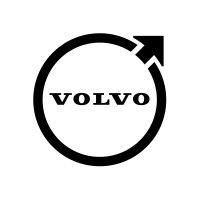
Mercedes-Benz USA
Mercedes-Benz USA, LLC (MBUSA), a Daimler Company, is responsible for the Distribution and Marketing of Mercedes-Benz and smart products in the United States. MBUSA was founded in 1965 and prior to that Mercedes-Benz cars were sold in the United States by Mercedes-Benz Car Sales, Inc., a subsidiary of the Studebaker-Packard corporation. Today MBUSA has over 300 dealerships with more than 1400 employees. For employment opportunities please visit: http://bit.ly/2tFzlOV. For information on how to get the most out of your Mercedes-Benz vehicle, visit the Owners' Support instructional videos section of our site: http://www.mbusa.com/mercedes/owners/videos






